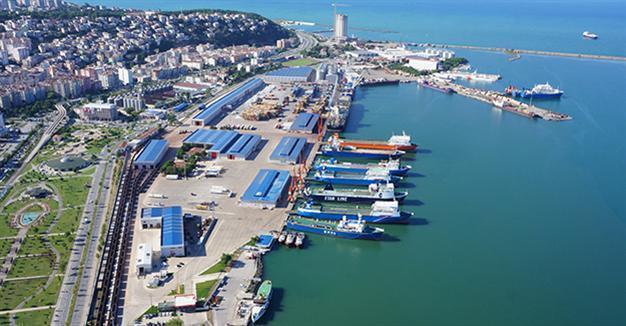World Bank praises Turkey’s 2015 growth performance, keeps 2016, 2017 forecast same
WASHINGTON

The World Bank has praised Turkey’s economic growth performance in 2015 and kept its forecasts for 2016 and 2017 the same in its latest forecast, which was published on Jan. 6.
The bank cut its June forecast for global economic expansion in 2016 by 0.4 percentage points to 2.9 percent, though that is still faster than 2015’s sluggish 2.4 percent in line with the general declining trend in global economies due to “disappointing” growth in major emerging-market economies like China and Brazil.
It kept its forecast for Turkey the same at 3.5 percent in 2016 and 2017 in its latest report, although the bank slashed its forecast for Turkey from 3.9 percent to 3.5 percent in 2016 and from 3.7 percent to 3.5 percent in 2017 in its June 2015 report.
“Growth in Turkey is estimated to have accelerated to 4.2 percent in 2015 from 2.9 percent in 2014. Activity has been substantially above expectations, despite geopolitical tensions (violence in the Southeast and the refugee crisis emanating from Syria), as well as continuing policy uncertainty that was amplified by the inconclusive June elections,” the World Bank stated in its latest report.
“The November elections gave the ruling Justice and Development Party [AKP] a majority in Parliament, enabling the formation of a government without coalition partners, but policy uncertainty remains, as key economic policy decisions of the new government are awaited,” it said, adding that growth in the third quarter was led by higher government and private consumption.
Turkey’s growth could remain at about 3.5 percent in 2016-18, the bank stated, adding that vulnerabilities center on currency depreciation and elevated inflation, which are weakening private consumption.
“Economic activity in Turkey will benefit from low fuel prices, but will face headwinds from tepid export demand (including negative effects from Russian sanctions) and tighter external financing conditions,” it said.
 The World Bank has praised Turkey’s economic growth performance in 2015 and kept its forecasts for 2016 and 2017 the same in its latest forecast, which was published on Jan. 6.
The World Bank has praised Turkey’s economic growth performance in 2015 and kept its forecasts for 2016 and 2017 the same in its latest forecast, which was published on Jan. 6.